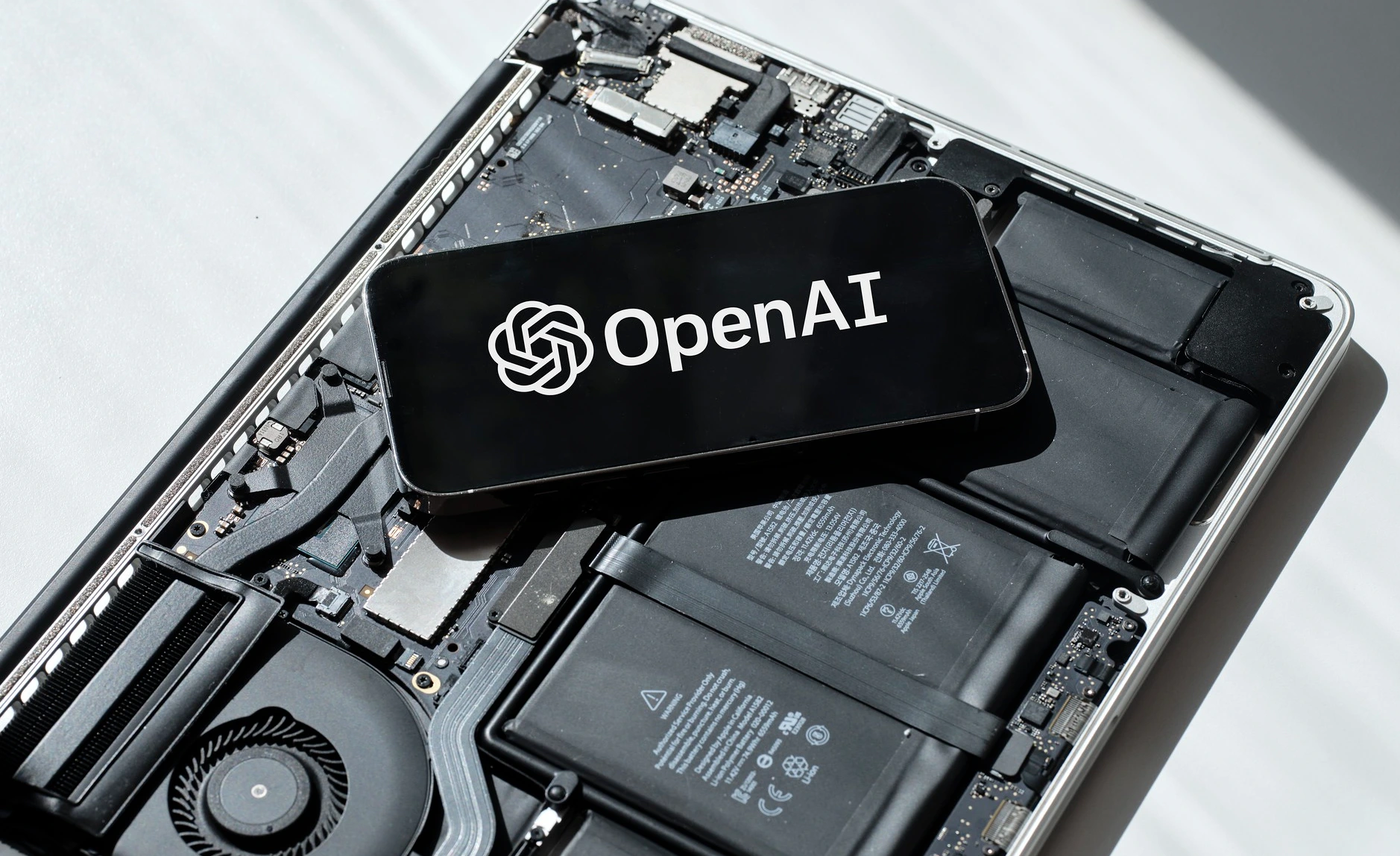
Image by Focal Foto, from Flickr
OpenAI To Launch Autonomous Agent ‘Operator’ in January
In a Rush? Here are the Quick Facts!
- Operator will perform tasks like coding and booking travel for users.
- The tool will be accessible as a research preview and via OpenAI’s API.
- Similar agents are being developed by Anthropic, Microsoft, and Google.
OpenAI is planning to release a new artificial intelligence tool called “Operator” in January, as first reported by Bloomberg on Wednesday.
This tool is designed to act on behalf of users, taking actions such as writing code or booking travel. According to two people familiar with the project, Operator will initially launch as a research preview and be available through OpenAI’s API for developers, said Bloomberg.
The introduction of Operator comes as part of a broader trend in AI development focused on “agents”—software designed to handle complex tasks with minimal human input, noted Bloomberg.
For example, Anthropic recently launched an agent that can monitor a user’s computer activity in real time and take action as needed.
Microsoft also released a set of AI tools that manage tasks like email and records for businesses. Google is said to be working on a similar AI agent, according to industry sources.
Sources say that OpenAI has several agent-related projects in the works, with Operator being the first to reach the final stages. This tool is expected to be capable of performing a range of tasks directly in a web browser, making it versatile and accessible, says Bloomberg.
CEO Sam Altman recently hinted at the shift toward these agentic tools during a Reddit AMA session.
He suggested that while AI models will continue to improve, agents—AI tools that can handle real-world tasks autonomously—might represent the “next giant breakthrough” in the field, as reported by Bloomberg.
This move to agentic AI also comes as companies like OpenAI are feeling the strain of developing increasingly advanced AI models, with returns starting to level off, noted Bloomberg.
The industry is now exploring agents as a potential way to bring new functionality without the high costs of advancing traditional models.


 Previous Story
Previous Story

 Latest articles
Latest articles 

Leave a Comment
Cancel